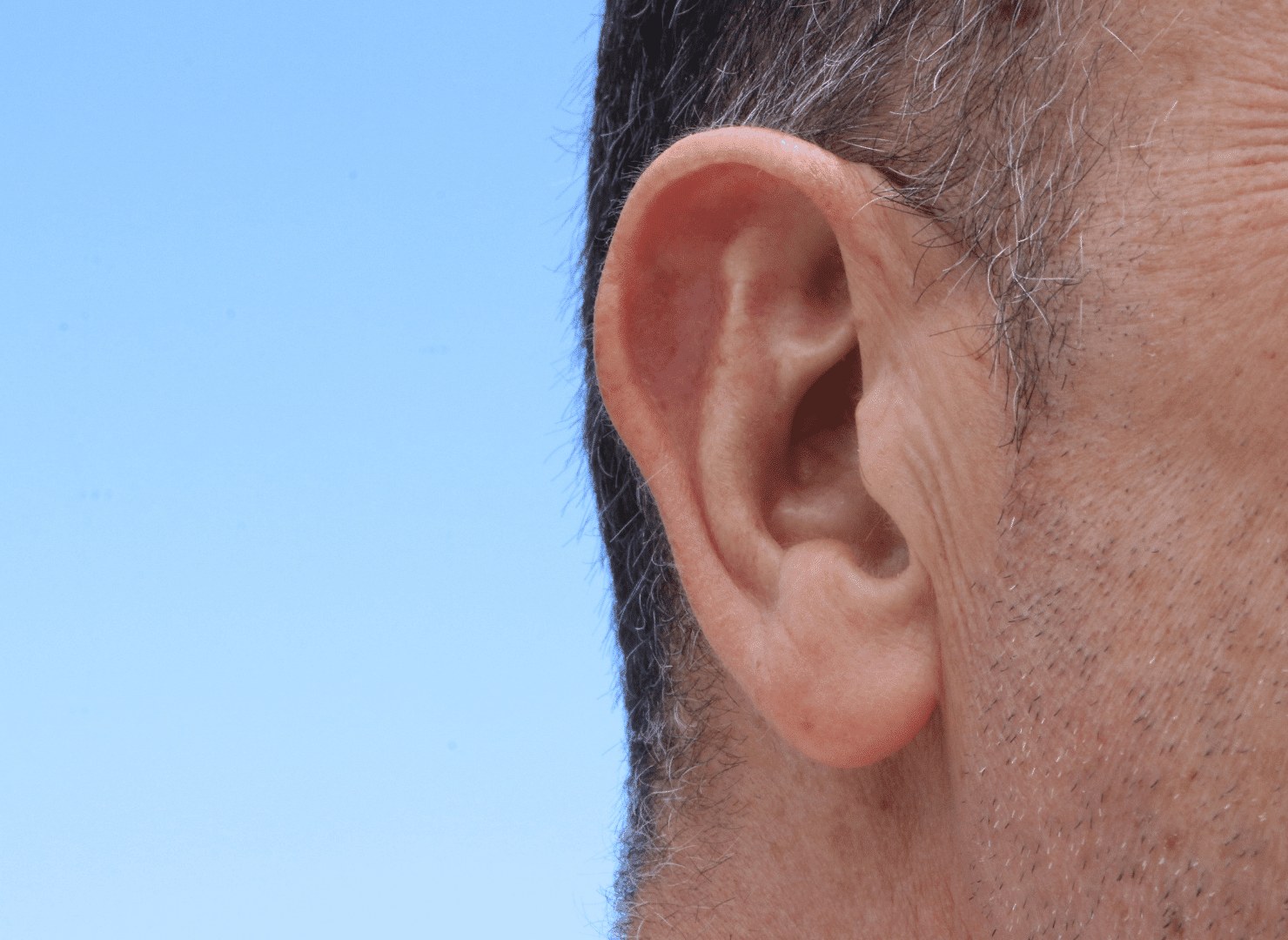
The
prices of hearing aids affect our economy and our health more than we think they do.
Hearing loss is the third most prevalent chronic condition in the US, after arthritis and cardiovascular disease. It affects 35M people, or approximately one in every 9 Americans. While hearing aids could provide a viable treatment to the vast majority of those affected,
only 25% of all hearing impaired actually use a hearing aid. That’s 26M people living with untreated hearing loss - almost equivalent to the population of Canada!
The reasons for such a low adoption rate are manifold, as we’ll see in future posts at Audicus. What is clear though, according to the Better Hearing Institute (BHI), is that ~70% of those with hearing loss cite the high
prices of hearing aids ($3,000-$7,000 a pair) as a core reason for not pursuing them.
Hearing Loss, The Prices of Hearing Aids and A Socio-Economical Comparison
Besides the psychological strain of living with untreated hearing loss, there are far wider ramifications, adversely impacting household incomes and ultimately the economy. An extensive survey done by the BHI showed that 33% of individuals with hearing loss have incomes of less than $30,000. Moreover, hearing loss negatively impacts the average household income by up to $12,000 per year, depending on the severity of the loss. Given the large number of untreated individuals, the BHI thus estimates the impact at more than $100Bn in unrealized household income per year. This is approximately the same as the whole economy of Vietnam!

Equivalently, the implication is billions of dollars in foregone tax revenues that are so badly needed in these dire economic times. Lowering the prices of hearing aids is a way to boost the economy, and reduce the amount of unrealized household income.
Being able to communicate effectively in the workforce is crucial for the majority of jobs - and hearing is a fundamental component of that equation. Not being able to interact effectively with co-workers can cause a person with hearing loss to make more mistakes, be less productive which ultimately leads to lower salaries and under-or unemployment. What is also evident, but harder to quantify, is the clear loss in performance on the job due to the overall psychological burden of hearing loss (i.e. self-esteem, isolation, anxiety, etc.).
Unfortunately, given that it takes multiple years for someone to start addressing their hearing loss, there are massive costs disguised in missed opportunities (promotions, wages, etc.) in a hearing impaired person’s professional life. Lower the prices of hearing aids and thus making hearing aids more accessible - and especially more affordable - is one major step in the right direction.
Read more about the
prices of hearing aids versus prices of other consumer electronics.
Source: Audicus Hearing Aids, Better Hearing Institute
by Patrick Freuler
 The prices of hearing aids affect our economy and our health more than we think they do. Hearing loss is the third most prevalent chronic condition in the US, after arthritis and cardiovascular disease. It affects 35M people, or approximately one in every 9 Americans. While hearing aids could provide a viable treatment to the vast majority of those affected, only 25% of all hearing impaired actually use a hearing aid. That’s 26M people living with untreated hearing loss - almost equivalent to the population of Canada!
The reasons for such a low adoption rate are manifold, as we’ll see in future posts at Audicus. What is clear though, according to the Better Hearing Institute (BHI), is that ~70% of those with hearing loss cite the high prices of hearing aids ($3,000-$7,000 a pair) as a core reason for not pursuing them.
The prices of hearing aids affect our economy and our health more than we think they do. Hearing loss is the third most prevalent chronic condition in the US, after arthritis and cardiovascular disease. It affects 35M people, or approximately one in every 9 Americans. While hearing aids could provide a viable treatment to the vast majority of those affected, only 25% of all hearing impaired actually use a hearing aid. That’s 26M people living with untreated hearing loss - almost equivalent to the population of Canada!
The reasons for such a low adoption rate are manifold, as we’ll see in future posts at Audicus. What is clear though, according to the Better Hearing Institute (BHI), is that ~70% of those with hearing loss cite the high prices of hearing aids ($3,000-$7,000 a pair) as a core reason for not pursuing them.
 Equivalently, the implication is billions of dollars in foregone tax revenues that are so badly needed in these dire economic times. Lowering the prices of hearing aids is a way to boost the economy, and reduce the amount of unrealized household income.
Being able to communicate effectively in the workforce is crucial for the majority of jobs - and hearing is a fundamental component of that equation. Not being able to interact effectively with co-workers can cause a person with hearing loss to make more mistakes, be less productive which ultimately leads to lower salaries and under-or unemployment. What is also evident, but harder to quantify, is the clear loss in performance on the job due to the overall psychological burden of hearing loss (i.e. self-esteem, isolation, anxiety, etc.).
Unfortunately, given that it takes multiple years for someone to start addressing their hearing loss, there are massive costs disguised in missed opportunities (promotions, wages, etc.) in a hearing impaired person’s professional life. Lower the prices of hearing aids and thus making hearing aids more accessible - and especially more affordable - is one major step in the right direction.
Read more about the prices of hearing aids versus prices of other consumer electronics.
Source: Audicus Hearing Aids, Better Hearing Institute
Equivalently, the implication is billions of dollars in foregone tax revenues that are so badly needed in these dire economic times. Lowering the prices of hearing aids is a way to boost the economy, and reduce the amount of unrealized household income.
Being able to communicate effectively in the workforce is crucial for the majority of jobs - and hearing is a fundamental component of that equation. Not being able to interact effectively with co-workers can cause a person with hearing loss to make more mistakes, be less productive which ultimately leads to lower salaries and under-or unemployment. What is also evident, but harder to quantify, is the clear loss in performance on the job due to the overall psychological burden of hearing loss (i.e. self-esteem, isolation, anxiety, etc.).
Unfortunately, given that it takes multiple years for someone to start addressing their hearing loss, there are massive costs disguised in missed opportunities (promotions, wages, etc.) in a hearing impaired person’s professional life. Lower the prices of hearing aids and thus making hearing aids more accessible - and especially more affordable - is one major step in the right direction.
Read more about the prices of hearing aids versus prices of other consumer electronics.
Source: Audicus Hearing Aids, Better Hearing Institute




